This website uses cookies so that we can provide you with the best user experience possible. Cookie information is stored in your browser and performs functions such as recognising you when you return to our website and helping our team to understand which sections of the website you find most interesting and useful.
Bakhmut Territorial Community

The Bakhmut Urban Territorial Community is located in the territory of the Bakhmut District in the Donetsk Region.
The total area of the territory is 435,991 km2.
The population of the Community totals 78,939 residents (as of 01 January 2022).
The Community consists of nineteen settlements. The administrative centre of the Community is located in the town of Bakhmut.
History
The history of Bakhmut begins in 1571 when seven border guarding units were formed along the Siverskyi Donets River. One of them was Bakhmut.
In the 17th century, salt started to be produced there. The salt producers built a wooden fortress that was located in the centre of the present-day town.

Later, deposits of coal, clay, sand, and gypsum were discovered near the town. Glass, nail and bone, alabaster and brick factories were built here. Then the salt factory and salt mines were opened in the Community. In 1885, they provided 70% of the national salt production volume. Bakhmut became the centre of the salt industry in Southeast Ukraine, and salt became part of the town’s coat of arms.
The construction of the railway was of great importance for the development of Bakhmut. In the early 20th century, the metalworking industry begins to develop in the town, a network of banks starts to function, and local self-government is set up.

In 1920, Bakhmut became the centre of the Donetsk Province, where twelve industrial enterprises operated. Later, the construction of the first and only non-ferrous metal processing plant in Ukraine at that time began. The first products were produced by the champagne wine factory, now famous not only in Ukraine, but also far beyond its borders, which produces wine by using the classical method of champagnization.
Throughout its history, the town was destroyed as a result of uprisings and rebuilt again. The Soviet authorities renamed it Artemivsk; the town was given back its historical name of Bakhmut in 2015. And for their freedom-loving and Ukrainian-centric attitude, the town’s residents faced repression and torture.
During the Ukrainian national referendum on 01 December 1991, 86% of the townspeople supported the Act of Proclamation of Independence of Ukraine. Since then, a new page of Ukrainian Bakhmut has begun.
Bakhmut belongs to the league of historical cities of Ukraine. Before the full-scale invasion, the town confidently held a leading position in the Ukrainian national network of cities and towns of sustainable development and was considered one of the most beautiful in the country.

Economy and Welfare
The economy of the Bakhmut Community is highly diversified. The Community has powerful production facilities and successful experience of working with the world’s leading companies such as KNAUF, LAFARGE, SINIAT and others. Before the full-scale invasion, there were modern businesses with an agro-industrial vector of development based on the formation of a business network of public-private partnership. Enterprises with foreign investments functioned steadily.
ARTWINERY PJSC is the national achievement of Ukraine, a powerful local brand, which is one of the ten largest enterprises in Eastern Europe producing sparkling wines by the classical bottling method.

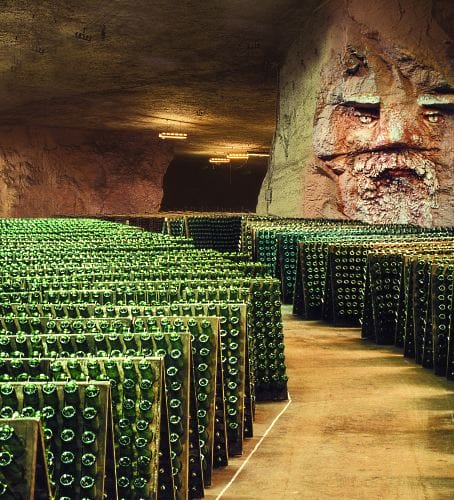
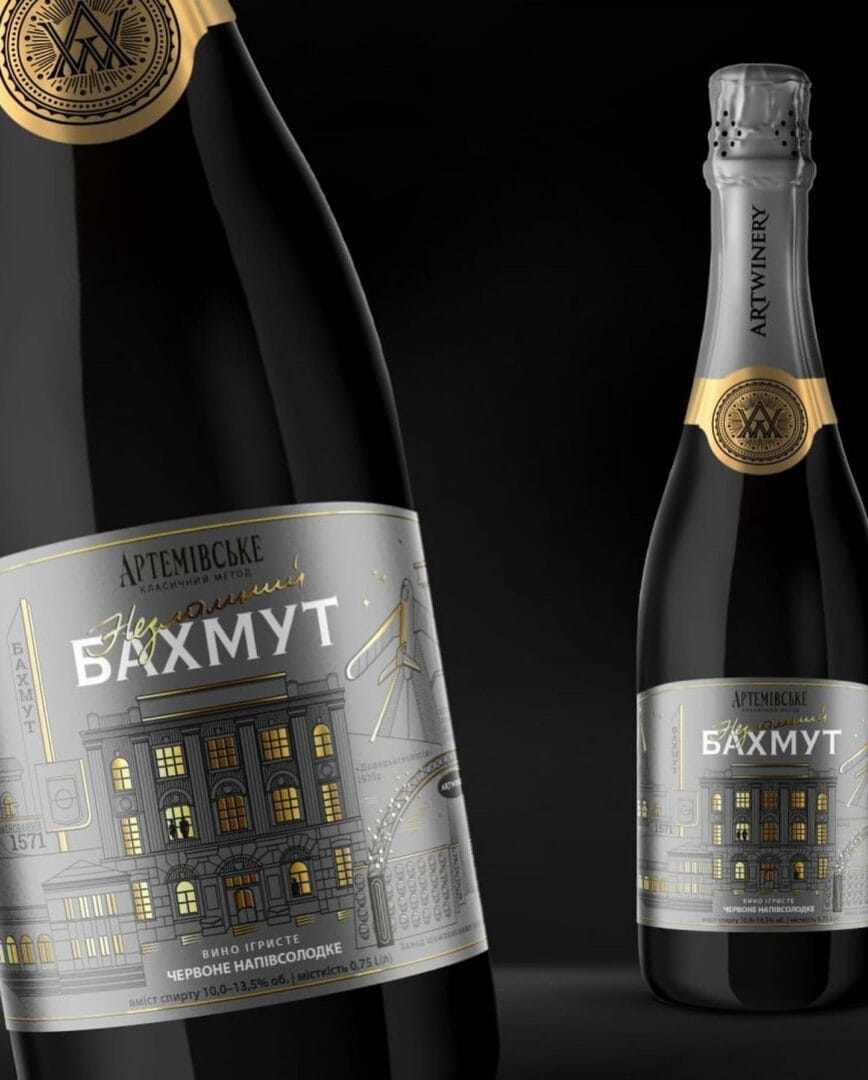
The leading metallurgical enterprise of Ukraine and one of the largest producers of non-ferrous products is the Non-ferrous Metal Plant.

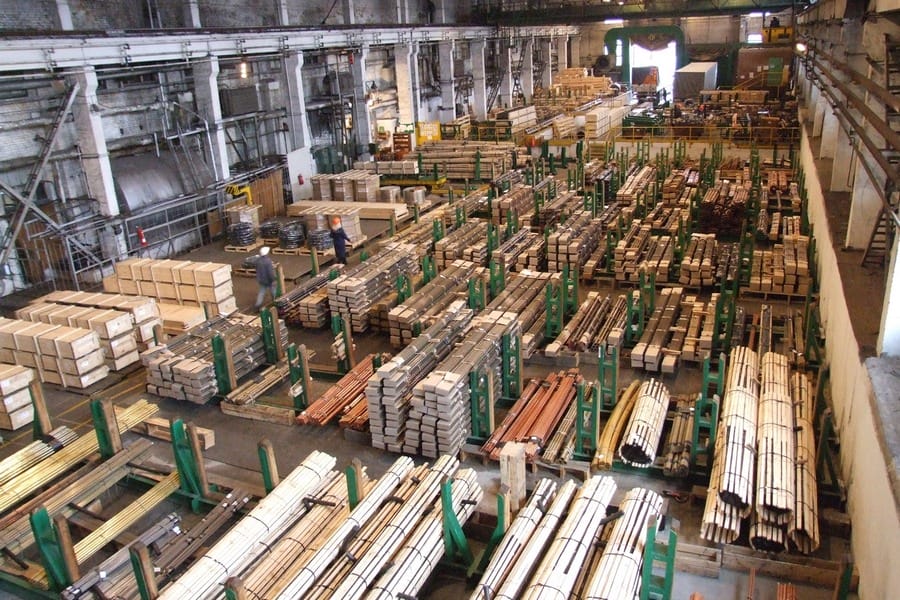
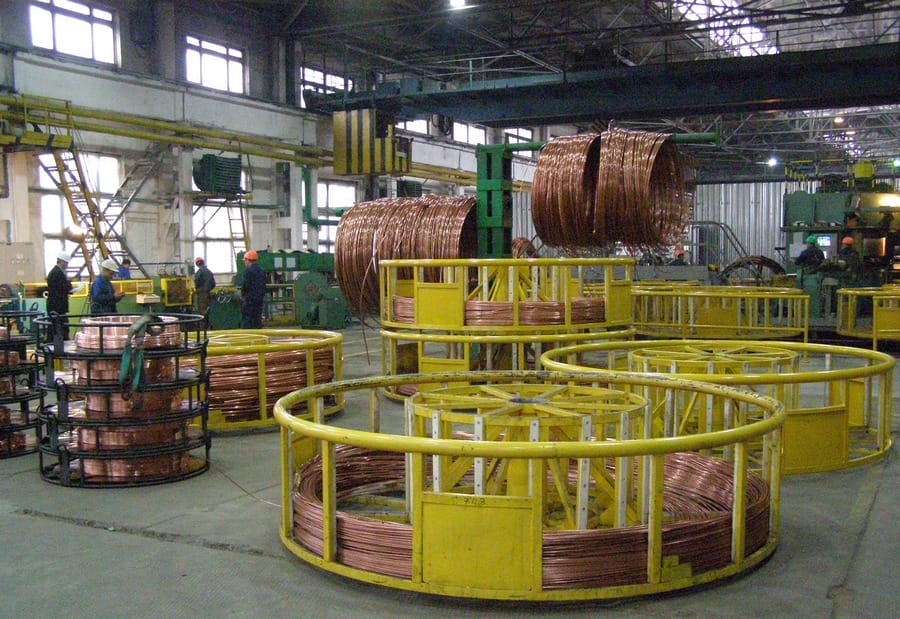
In recent years, a number of important infrastructure projects have been implemented in the Community. Schools, kindergartens, and the Metalurg stadium have been overhauled. After reconstruction, a sports medicine centre relocated from the city of Donetsk was opened. To date, all the institutions that were equipped with the latest technology and equipment have been destroyed by russian troops.
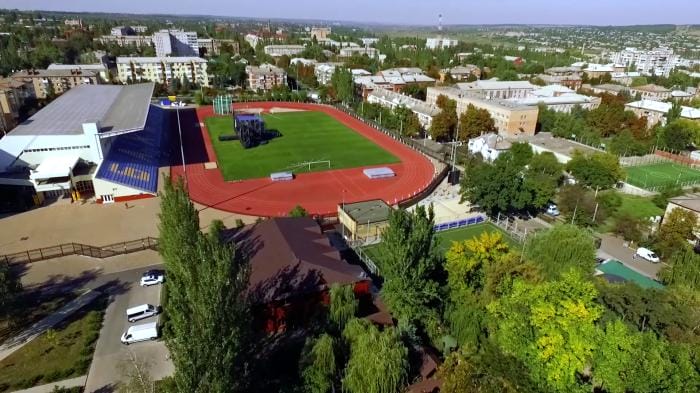
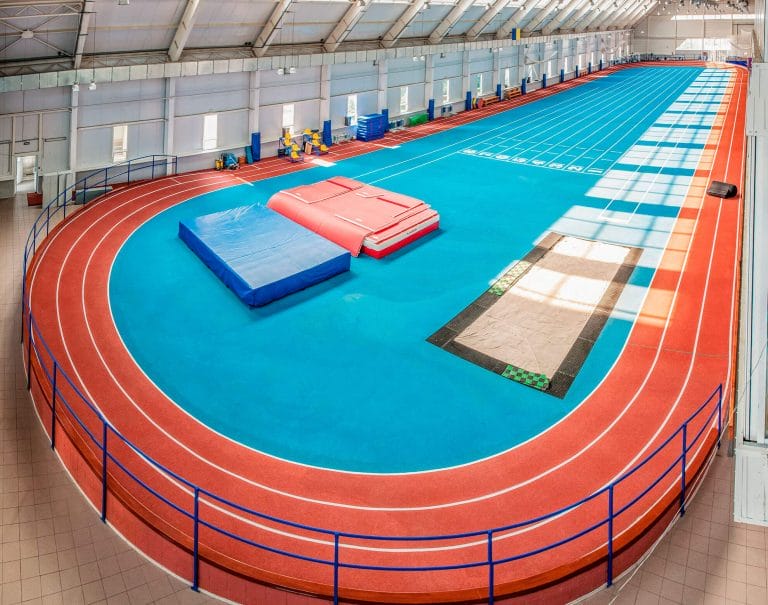
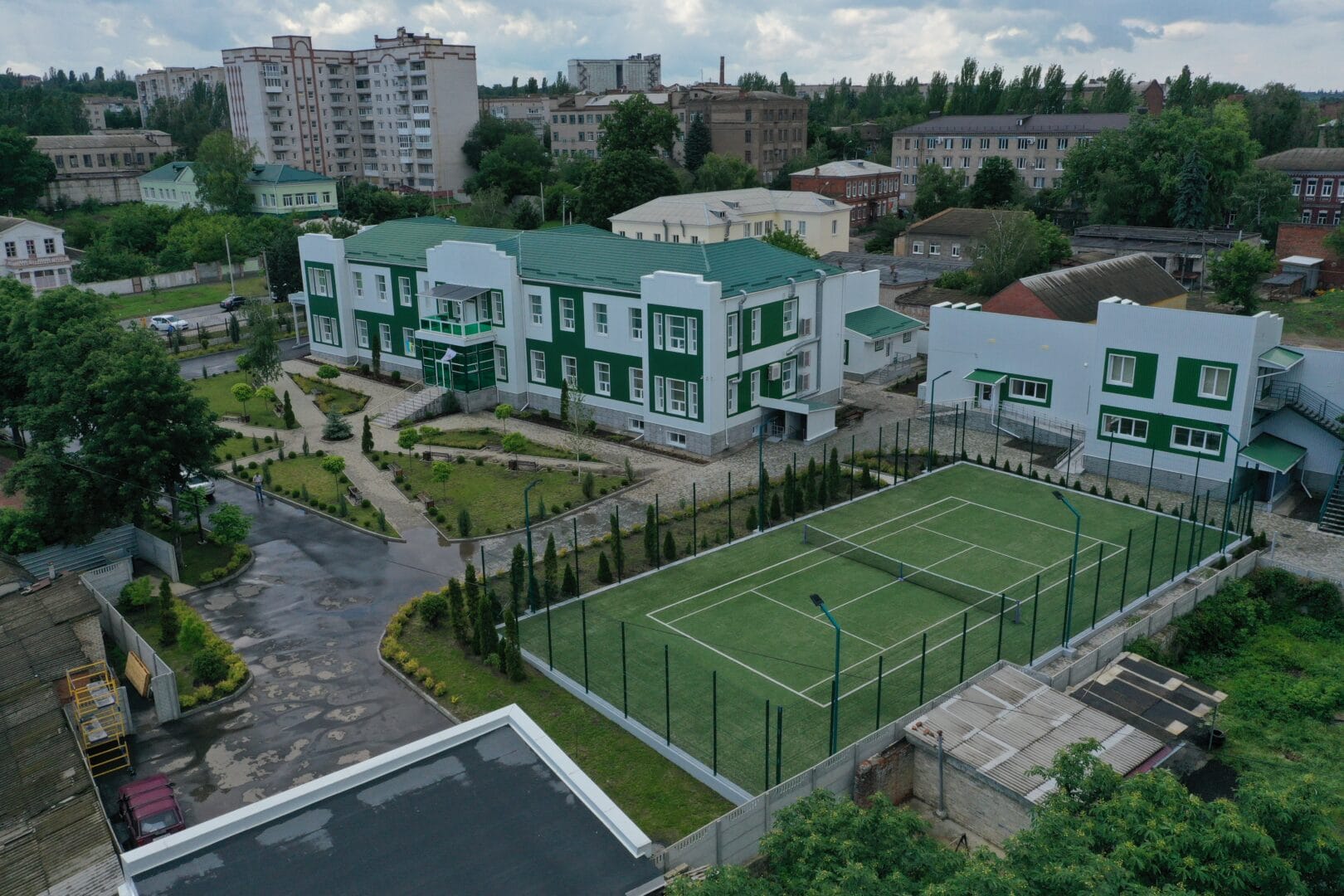
Bakhmut was an energy-independent town. There were many inclusive educational centres, cultural and sports and tourism-attractive spaces for development. A gender-oriented community is friendly to children, youth and other citizens.


Community and War
After the victory of the Revolution of Dignity in 2014, the town became the site of provocations by russian militants. In April of the same year, the town was occupied by russian troops for three months. During the anti-terrorist operation, the Ukrainian flag was raised again over the town on 06 July 2014.

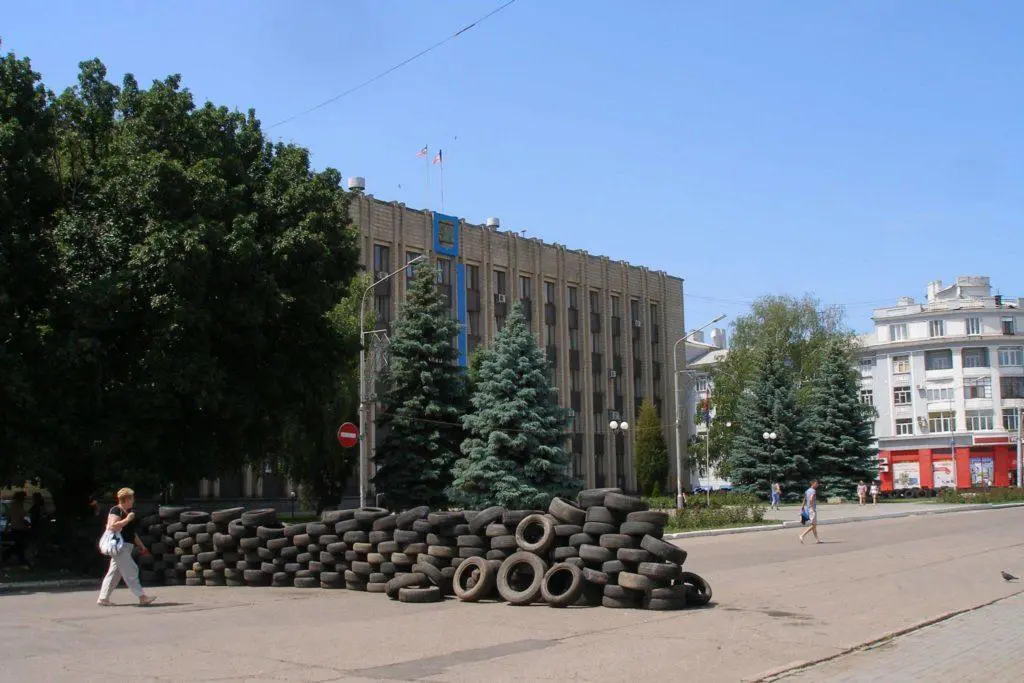
After the de-occupation, Bakhmut lived in the reality of a front-line town because the front line was not far away. More than 60,000 displaced people from areas affected by hostilities were registered in the town. A powerful volunteer movement has developed to help the Ukrainian army and all those affected by the hostilities.
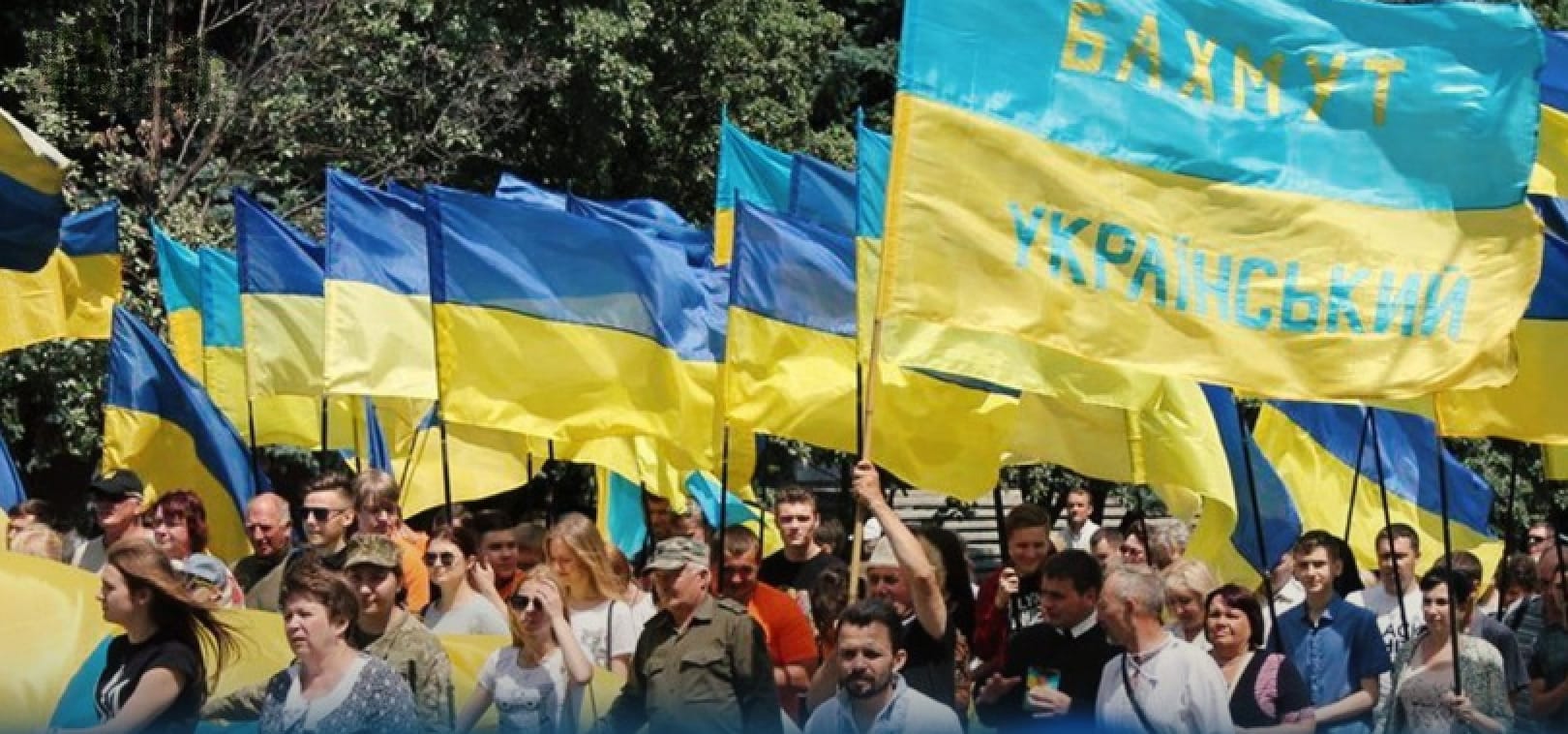
Bakhmut actively implemented development projects, cooperated with more than forty international institutions, developed its sports infrastructure, took care of landscaping and places for recreation of its residents, did everything with firm faith in the future, and with a good goal: to prove that people are always stronger than war.
On 23 February 2022, a day before martial law was officially introduced in the territory of Ukraine, the life of the Bakhmut Community changed again. Since the first day of russia’s full-scale invasion of Ukraine, the Community has been suffering from constant enemy missile and air strikes.
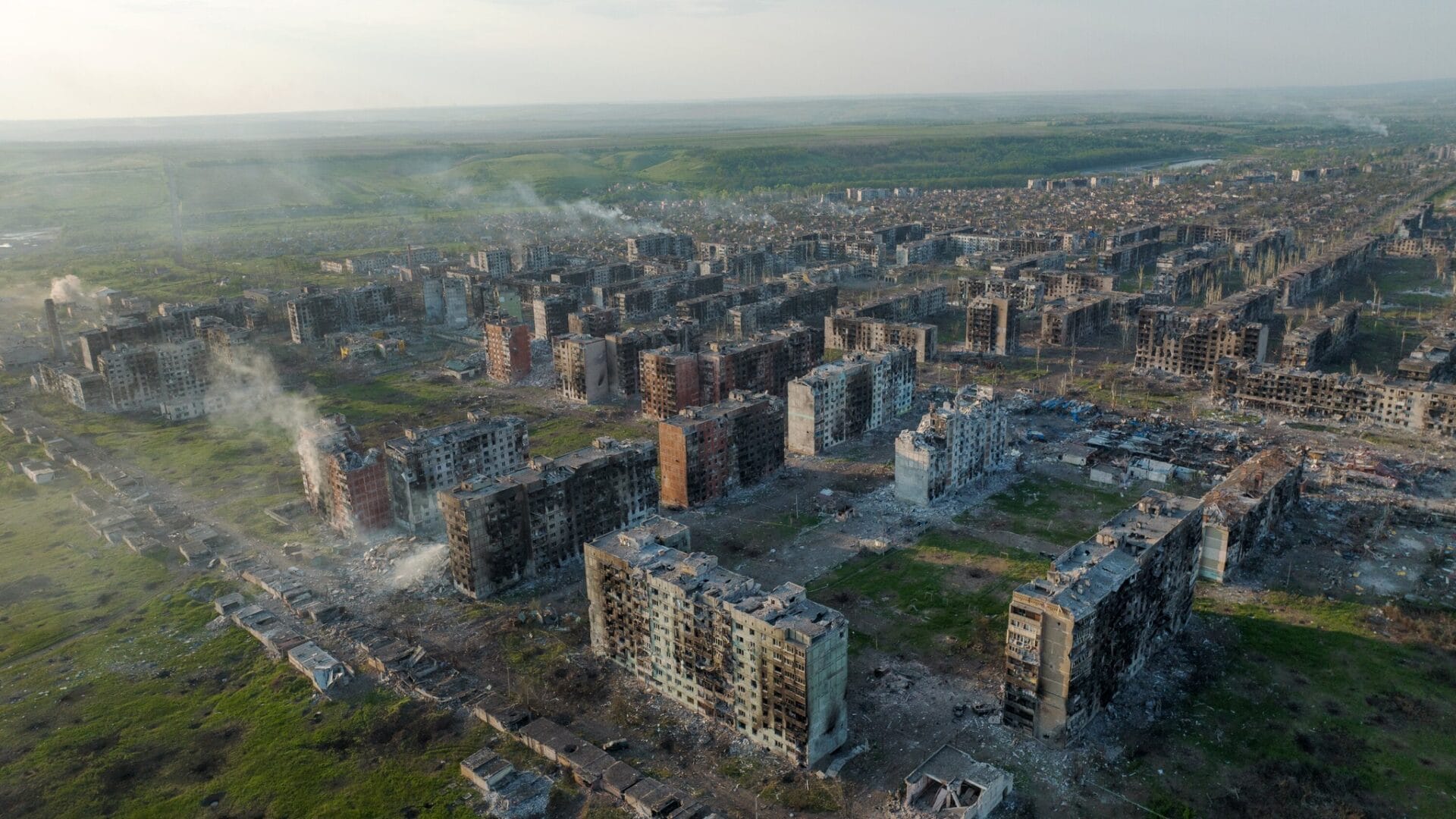
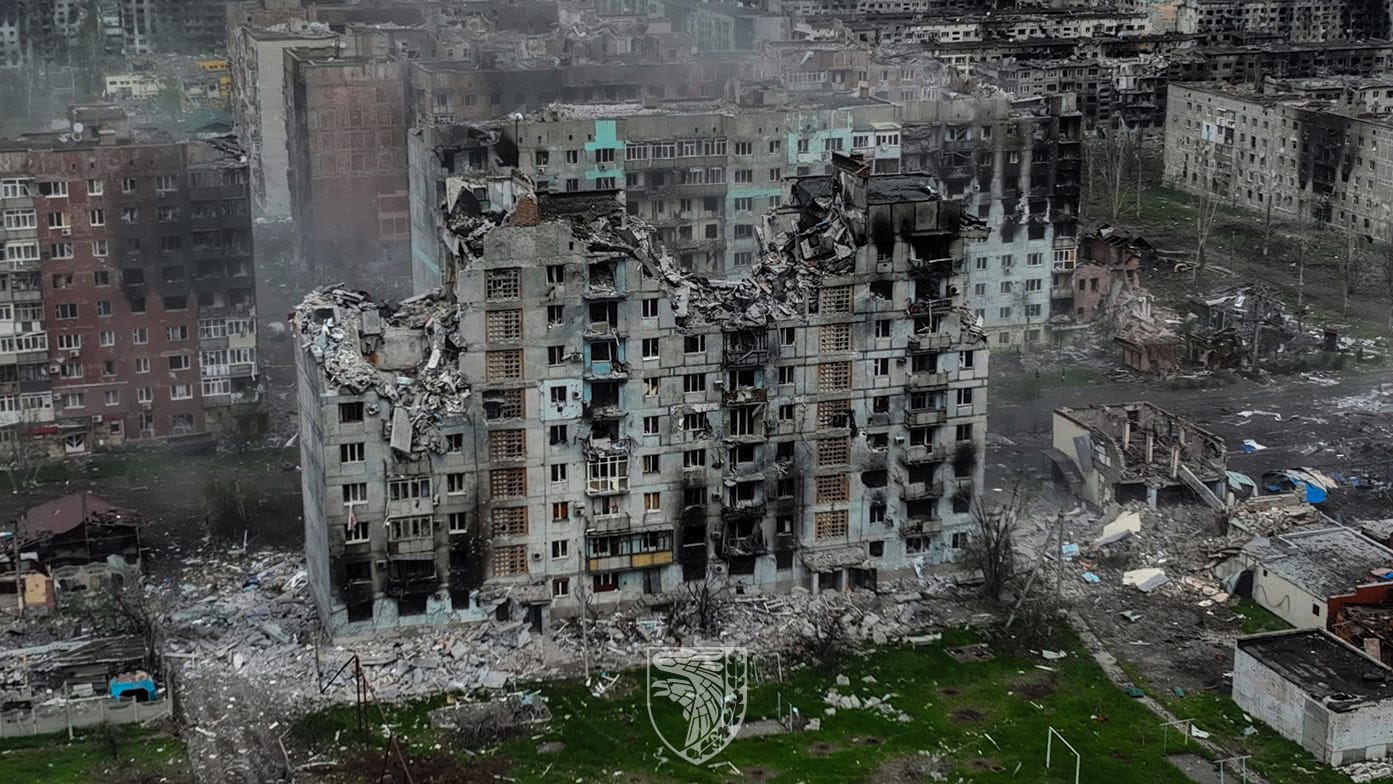

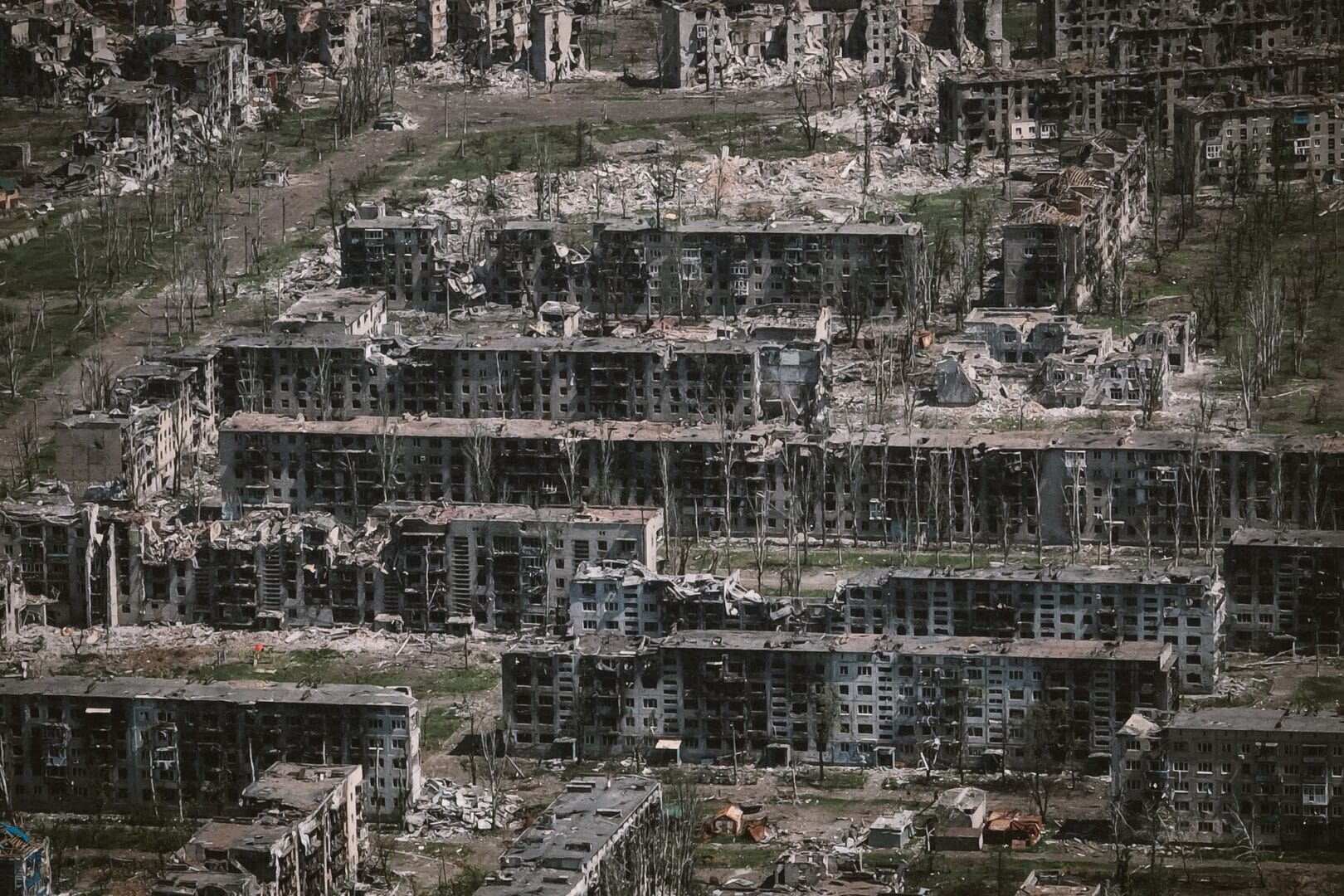
Bakhmut is the epicentre of hostilities on the front line. It is a fortress of deterring the enemy onslaught, of heroic resilience and indomitable spirit of Ukrainians and the Armed Forces of Ukraine.
Currently, all the critical infrastructure facilities in the Community have been destroyed or damaged, and not a single apartment building or private house has survived. Factories, enterprises and facilities of private businesses have been destroyed.


The scale of the destruction is so significant that the recovery time is frightening. Therefore, despite the hostilities that are still ongoing, the Bakhmut Town Council is already planning the priority steps towards the post-war reconstruction of the Community. It makes maximum efforts to quickly return the territory, organize peaceful life and rapid economic development.
People of the Community
The head of the Bakhmut Community is Oleksiy Reva. He implemented the decentralization reform. The main areas of his work include providing modern living conditions of the population and stable socio-economic development of the territory of the Bakhmut Urban Territorial Community.


The war has forced the Community to make decisions as quickly as possible and to support each other. On the initiative of the head of the Bakhmut Community, Support Centres for the Residents of the Bakhmut Community “With Bakhmut in the Heart” have been opened in the cities of Kyiv, Dnipro, Kryvyi Rih, Zhovti Vody, Kharkiv, Poltava, Odesa, Kostiantynivka. They provide humanitarian aid, assistance in social, administrative, psychological, and legal issues, doctors’ consultations, and carry out various other activities.

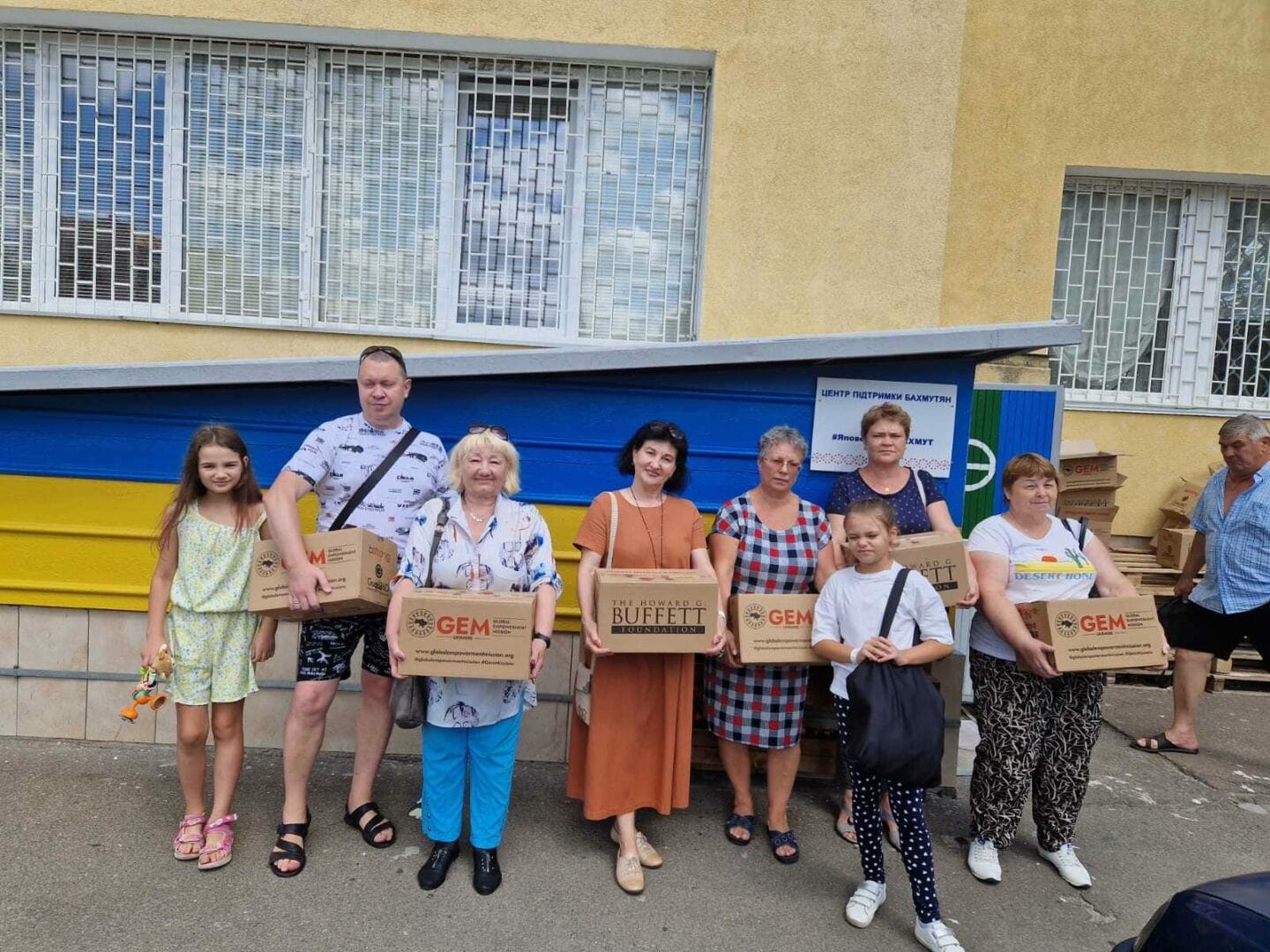
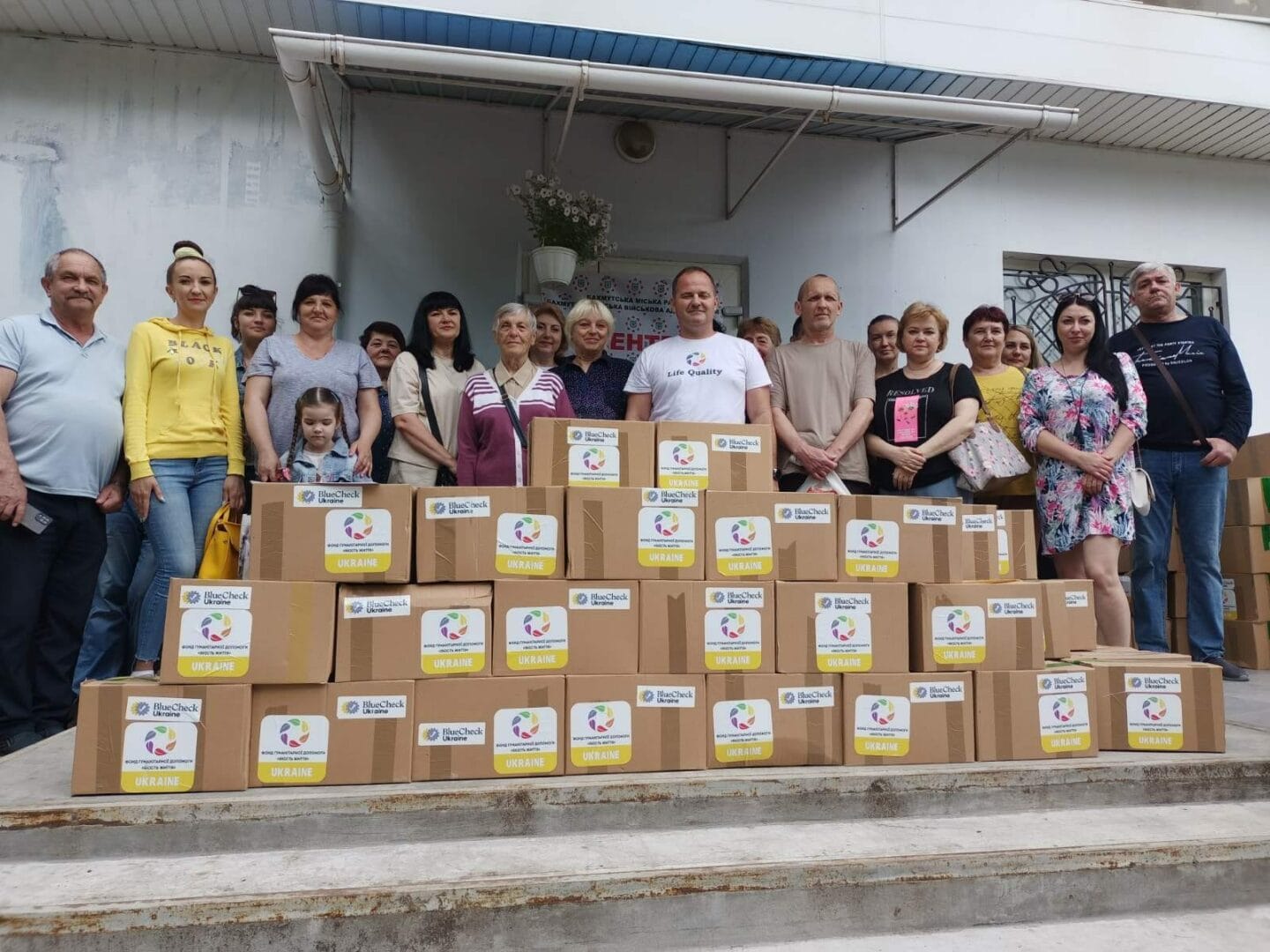
Despite a long distance from home, in 2023 the residents of the Community celebrated the 452nd anniversary of their town. The residents hope that the Bakhmut fortress will soon turn into a large construction site, which will attract like a magnet not only investments to the Community, but also the population of Ukraine.

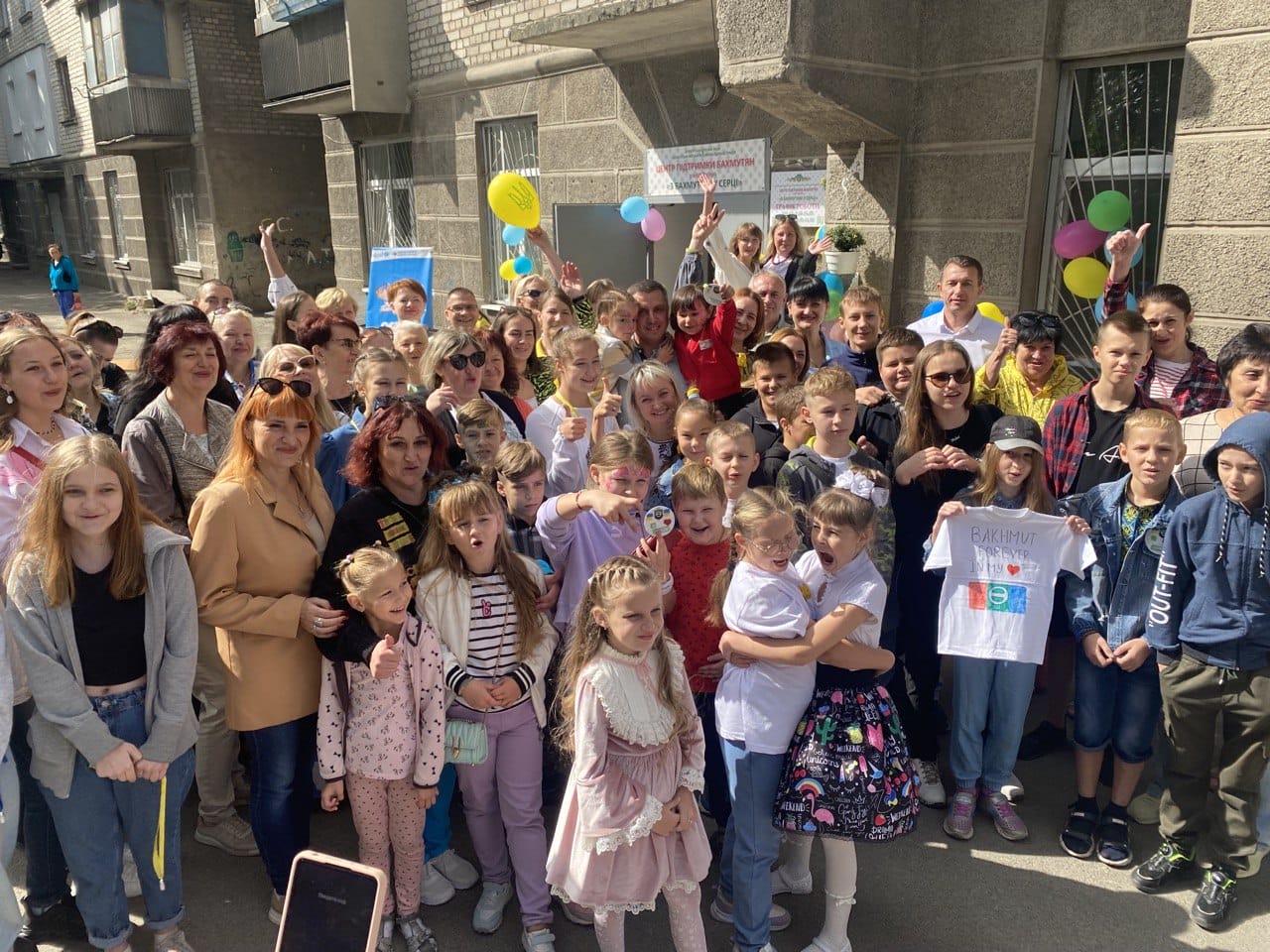
Development Strategy
The Bakhmut Community has a Development Strategy for the period until 2027, which has become irrelevant due to the full-scale invasion and hostilities in the territory of the Community.
There are plans to develop an up-to-date Strategy that requires a comprehensive assessment of the impact of the war, available resources and conditions. Currently, this assessment is not possible due to the intensity of hostilities that are still ongoing in the territory of the Community, as well as the occupation of sixteen settlements (out of nineteen that are part of the Community).

The war has changed the Bakhmut Community physically, but the local authorities have remained a reliable and friendly partner with transparent solutions and always open to dialogue. It is proved by the valuable positive experience of cooperation with many investors, including international ones, who successfully worked in the territory of the Community in various fields.
The Bakhmut Urban Territorial Community has a sister town – the town of Saldus (Latvia). In January 2020, the Cooperation Agreement (twinning) was signed.

